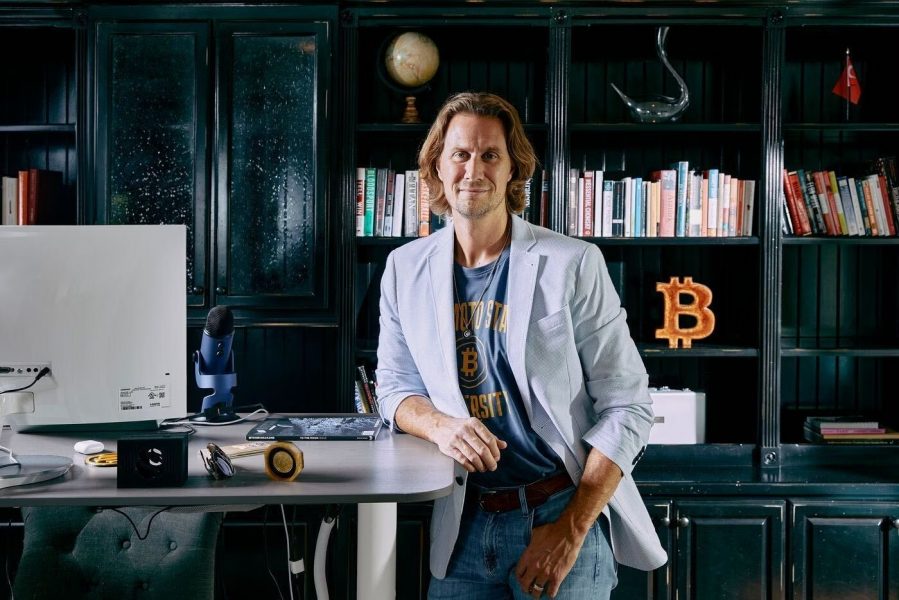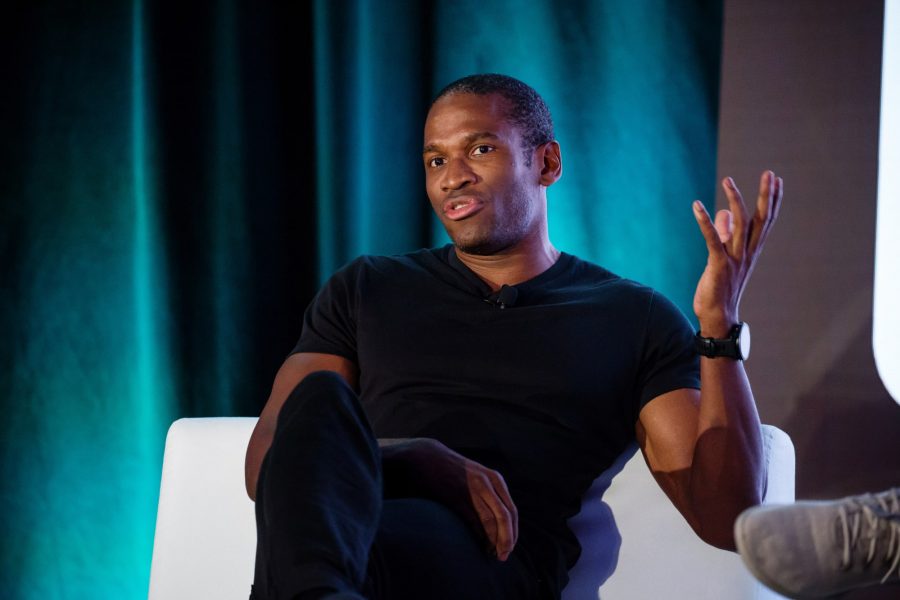Window between Web3 and wealth generation is all set to open in the MENA region, says Farbod Sadeghian, the founder of artèQ and Qlindo, on Arab News.
As is true for most of the world, the socioeconomic effects of the COVID-19 pandemic throughout the Middle East and North Africa have been quite punitive. With stringent lockdown measures, a complete cessation of tourism revenue, low oil prices and halted supply chains, the region saw its commodities market rapidly decline and capital outflow reach $6 billion to $8 billion during the early days of 2020.
With the help of International Monetary Fund emergency assistance and domestic monetary and fiscal recovery plans, the region has resuscitated economic activity and turned to the future.
For instance, Qatar implemented it as early as March 2020, when it announced a QR75 billion ($15.6 billion) package, which is about 12 percent of its gross domestic product.
After two precarious years, what does the future look like for countries in the MENA region? We can look to Web3 to find some answers.
The $3.2 billion global market is set to grow to an impressive $81.5 billion in 2030 at a compound annual growth rate of 43.7 percent. What is undeniably driving the rise of Web3 is a steady and growing preference for blockchain innovations such as NFTs, digital and cryptocurrencies, metaverse, and virtual reality.
According to the 2022 MENA Data Insight report from the Global Private Capital Association, venture-capital activity reached a record $1.9 billion in capital invested in the first half of 2022, with the fintech sector accounting for 23 percent of VC investments since 2020, reflecting rising demand for crypto investment services, digital payments and buy now, pay later options.
After what proved to be a pivotal year for Web3, US-based crypto exchange Gemini found that cryptocurrencies have increasingly become a cornerstone of the MENA region’s economy, with 28 percent of the population in Israel and 35 percent in the UAE reporting they own digital currencies.
Moreover, 32 percent of non-owners in the UAE are likely to purchase some digital cash this year. The region’s blockchain market alone, according to PwC, is predicted to reach $3.2 billion by 2024.
The Web3 revolution and the many use cases of blockchain technology have been gaining momentum for a while. But after the surge in digitization adoption over the COVID years, we may see a dramatic increase in economic activity, investment, and subsequent applications of these innovations.
In the MENA region, the emphasis for blockchain spending will mainly be on manufacturing, retail, information technology, and business services, with several other sectors benefiting greatly from a Web3 future.
The more this technology can enable and promote financial inclusion, the more valuable it will become. By facilitating quick, secure, transparent, and cost-efficient transactions, blockchain can bridge the gap between unbanked people living, for example, in remote areas and flourishing modern society.
Iran is looking into this very option by developing a blockchain-based banking platform. At the same time, Bahrain created the first onshore regulatory sandbox in the region and is focusing on blockchain applications strengthening supply chains.
The Web3 revolution, still in its nascent stage, is already showing great promise and clear signs of how it might be about to disrupt industry after industry.
However, the biggest challenge facing the region presently, according to Yasmeen Al-Sharaf, director of fintech and innovation at the Central Bank of Bahrain, is keeping up with the pace of change in technology and emerging business models.
Only with a strong foundation of protections and legislation can fintech’s progress in the region build an ecosystem that promotes innovation and regulation.
But as a region whose key business and government players have expressed interest in opening their doors to opportunities in the metaverse and digital cash, MENA countries might not be too far from establishing genuine global leadership in the Web3 market.
Farbod Sadeghian is the founder of artèQ and Qlindo.



